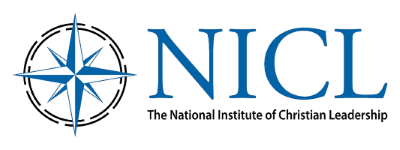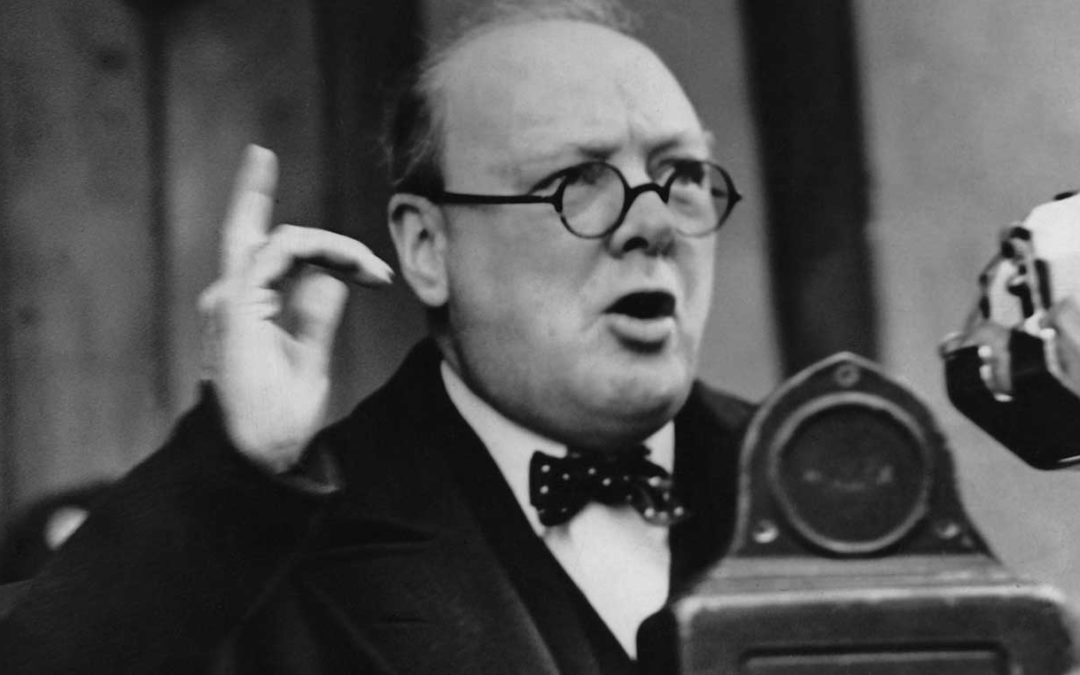There are many things that come to mind when we hear the word ‘communication’. From a leadership standpoint, communication is important as leaders oversee a group of individuals with the intent of motivating them to achieve reaching an overall vision. Effective communication skills are essential in order to deliver your messages accurately and successfully. As a leader, you want to foster a productive and fruitful working atmosphere as well as relationships amongst staff and personal, so it’s important that your communication skills are rooted in the values and culture of your organization. It is said that one who communicates well, understands and is understood. Some of the communication skills every leader should have are as follows:
Listening Skills
How often do you think of listening when the topic of communication comes up? If it’s not often or one of the first things you think about than your communication skills can benefit from implementing these skills. The greatest communication skill one can acquire is the ability to listen and to do so, ‘actively’. Active listening builds a foundation in relationships where everything else flows from. Respect, trust and understanding are gained when we implement active listening.
One might say that in order to lead, one must first listen. Though it may seem easy enough, listening is actually challenging for most as it requires the listener to stop and engage. Something that we don’t often do in our busy, go-go-go lives. Focusing our attention on the person(s) in front of us; we actively seek hearing facts accurately, listening for emotions behind them and consider relevant questions about what is being shared without becoming distracted. Not only is this a valuable tool for the leader, it models an example that those within the group then model themselves.
Complimenting Others
The old saying goes, “an apple a day, keeps the doctor away”. In other words, an act of kindness a day keeps the doctor away. Some of course would argue this theory but vast research has been done concluding that giving and receiving acts of kindness or other altruistic acts (in this case compliments) increases productivity, decreases stress and has beneficial effects on the immune system. A study at the Japanese National Institute for Psychological Sciences discovered that participants who received direct compliments for completing tasks were motivated to perform tasks better than those who weren’t. At Harvard University, a phenomenon was noticed as viewers who were watching a documentary film of Mother Theresa’s life work, experienced a noticeable increase in Immunoglobulin A levels, which is an antibody that plays a crucial role in the immune system. If a compliment can go as far as to positively affect an individual’s internal immune system, how much more would it then affect the attitudes, atmosphere and productivity of a daily work environment. A small act but one that wields a powerful effect on both the receiver and the giver.
Meeting Management Skills
Meetings. They seem to never end. So, if meetings are going to be a part of our every day expectations, what can we do to ensure they are efficient and as effective as possible. With the knowledge that meetings are conducted with the purpose of sharing information, problem solving, decision making and general tasks it’s important that every meeting is well organized ahead of time to ensure that everything can be accomplished in as little time as possible. Knowing that after every meeting, individuals have to fulfill everything that was just discussed, using time efficiently is crucial. Be organized, communicate with purpose, stay on track, encourage participation and end on time. With good meeting management skills you can expect improved communication, increase in productivity levels, solid teamwork and a boost in morale and overall satisfaction.

Non-Verbal Skills
Since 1872 scientific research has been conducted on nonverbal communication and behavior. Out of this, vast amounts of research have been collected on the types, effects, and expressions of unspoken communication and behavior. Most of the time these signals go undetected as we are not consciously aware of them, but they present themselves nonetheless. Non-verbal communication skills play a vital role in how we convey information to others as well as what we perceive from those around us. Facial expressions, gestures, body language, eye contact and even appearance are just some non-verbal ways we communicate. These and other non-verbal signals increase trust amongst an audience, brings an added level of clarity to what is being communicated and promotes engagement in active listening. If our purpose as leaders is to pour into others that they may model leadership characteristics themselves, leading to a thriving work environment and healthy relationships, then we have to be mindful of all the ways we communicate so that what we pour in can be successfully replicated.
Firm Delegation Skills
Delegation is key in maximizing productivity especially when there are deadlines. What is often seen are leaders not delegating tasks to various team members because they can’t step away from the idea that ‘they need to be the one to get the job done’ or more familiar ‘they are the only one who can get the job done’. An efficient team is one that is led by someone who knows how to clearly delegate tasks and more importantly, knows how to let go of their own tasks so others can help.
Delegating tasks is just one component of getting a job done efficiently. Developing a system that prioritizes which tasks come before others is essential. Also, knowing who your working with and assigning tasks based on the strengths of each individual helps increase productivity. It can be easy to delegate work to someone who has a lighter load, but that is not always the most effective approach. People naturally spend less time accomplishing something when they’re good at what they’re doing. Other tips to establishing firm delegation skills are providing instructions with the tasks at hand, being willing to teach skill sets where there is lack and trusting that your team can accomplish the tasks you’ve set before them. Firm delegation skills are a powerful managerial component in leadership. They will allow you to get results, manage time effectively, build morale, develop your team and lead to greater successes.
Great communication skills are foundational in every professional setting and even your personal life. Actively seeking out growth in the area of communication will always steer you closer to achieving the results you are looking for.


